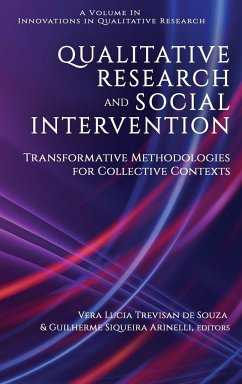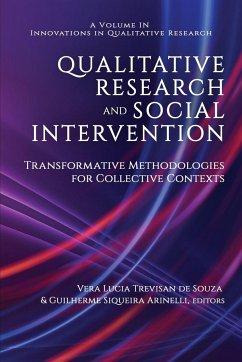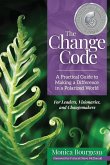This book presents procedures and research techniques that are based on critical perspectives of Psychology and Education. The content is characterized by innovations on the relationship between the researcher and the investigated context, and it problematizes different perspectives and approaches to the psychological phenomenon proposing new understandings of the subject, the world, the social and the field of investigation itself as a permanent dialectical movement. The book reports to Marxist-based perspectives - especially to Vygotsky's ideas and concepts. Therefore, it assumes the comprehension that in order to understand the phenomenon in its historical dimension it is necessary to put it into motion seeking to access the genesis of the manifestations evidenced at the moment of the investigation. That is, the historicity that characterizes the process of constitution of the human psyche can only be apprehended in its movement, thus, what matters is the process and not the product of its development. Nevertheless, apprehending phenomena in movement is a challenge for researchers interested in human processes within the scope of relationships or practices of professionals and/or subjects of various scenarios, which leads to the need to problematize the different moments of research and their dimension in the theoretical and practical fields. Which methodological techniques or procedures allow the apprehension of the meaning movement produced by the subjects in the investigated scenarios? To what extent does dialectical materialism derived from Marxism support the apprehension and analysis of research information of this nature? What other theoretical-methodological perspectives, related to Cultural-Historical Psychology, offer subsidies to these investigations? The theoretical perspectives based on the Social and Cultural analysis focus on the understandings of collective contexts precisely because of the subject view constituted in the inter-subjective relations that it undertakes - which adds even more complexity to the investigative processes. From this perspective, both the subject and other participants transform themselves during the investigation, such transformation needs to be permanently reflected and included in the research objectives and purposes, in order to follow the movement of the meanings in the expressed phenomenon.
Hinweis: Dieser Artikel kann nur an eine deutsche Lieferadresse ausgeliefert werden.
Hinweis: Dieser Artikel kann nur an eine deutsche Lieferadresse ausgeliefert werden.








